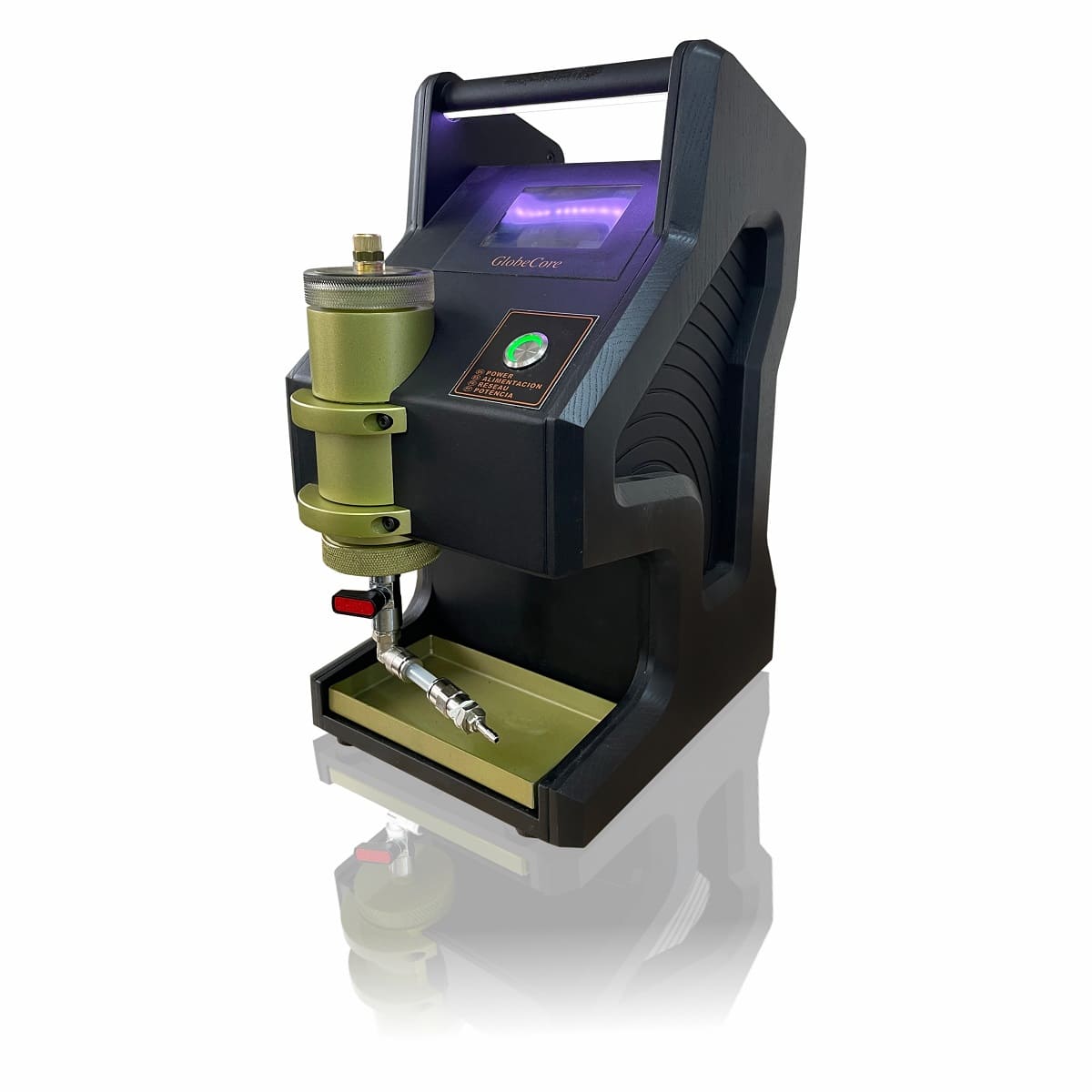Testers
What is the theory behind testing the dielectric strength of transformer oil?
- This topic has 1 reply, 2 voices, and was last updated 1 year, 5 months ago by .
Answers
-
September 7, 2024 at 9:21 pm by Jason Taylor
The theory behind testing the dielectric strength of transformer oil is based on the oil’s ability to act as an insulating medium in electrical systems. Dielectric strength is defined as the maximum electric field that a dielectric material can withstand without experiencing failure or breakdown. In the context of transformer oil, this property is critical as it prevents electrical arcing and ensures the reliable operation of transformers. The testing involves applying a high voltage across two electrodes immersed in the oil sample, and the dielectric strength is determined by the voltage at which a breakdown occurs, indicating the oil’s effectiveness as an insulator. Proper assessment of dielectric strength is essential for maintaining the health and longevity of transformers, with guidelines often outlined in “dielectric strength of transformer oil pdf” documents as references for best practices and standards in testing procedures.



